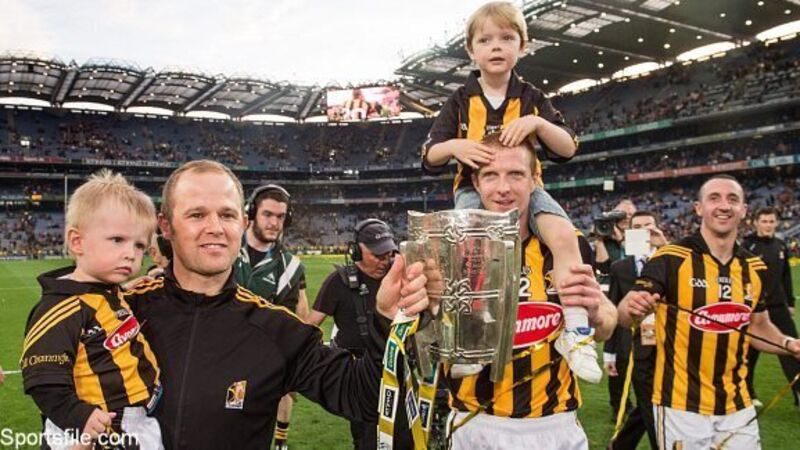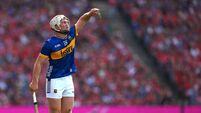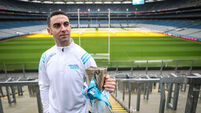Henry Shefflin the Great, hurling’s complete package

He would not be ornamenting his last (probably) Croke Park appearance with a last-minute goal.
Did it matter? Of course not. Did the incident say something about the great man nevertheless? It did. The chance came about because, though Ballyhale Shamrocks were 12 points up and well home and hosed, Shefflin hadn’t clocked off. Still chasing, still harrying and now hunting down a loose pass in the Kilmallock defence to force the turnover and set up a move he was an inch or two away from rounding off. In everything but the touch on the trigger it was purest Shefflin. The king who doubled as a manual labourer. Pulling switches, digging ditches. Working on the railway.














